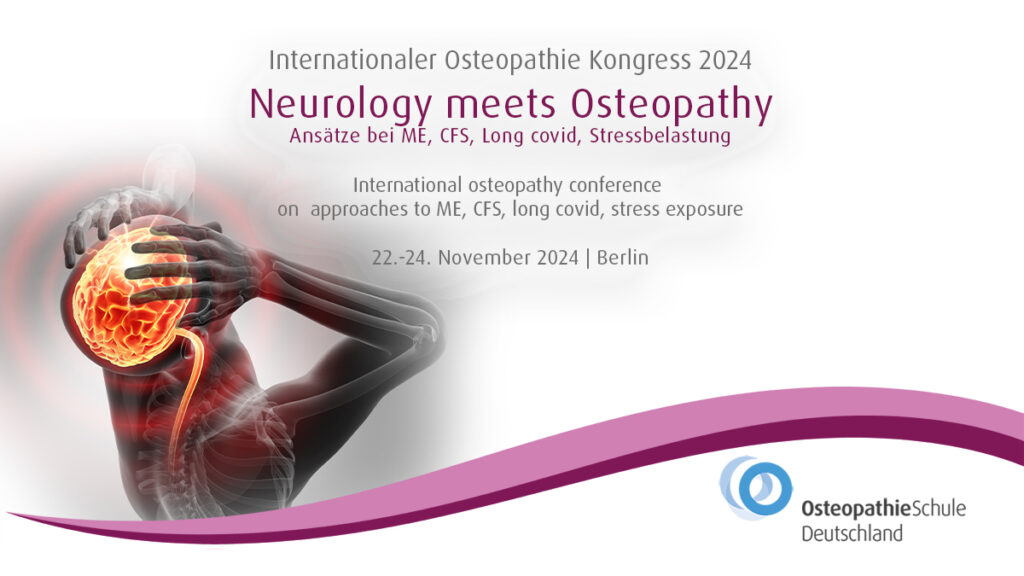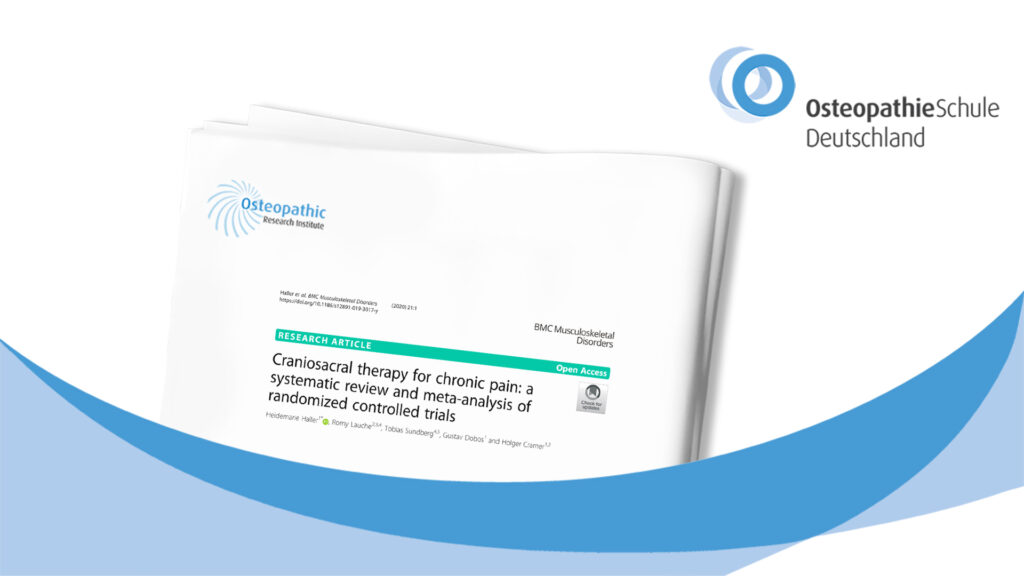Recently, Heidemarie Haller and colleagues published a systematic review and meta-analysis of randomized controlled trials in BMC Musculoskeletal Disorders. They investigated the effect of craniosacral therapy on pain intensity and functional disability (primary outcomes) as well as physical/mental quality of life, global improvement, and safety (secondary outcomes) in patients with chronic pain. Ten RCTs, comprising 681 patients with neck and back pain, migraine, headache, fibromyalgia, epicondylitis, and pelvic girdle pain, were included. Post intervention results revealed that craniosacral therapy was significantly more effective on primary outcomes (compared to usual care, manual/non-manual sham, and active manual treatment) and secondary outcomes (except mental quality of life versus sham). Furthermore, the effect on primary outcomes was still significant at six months (compared to sham) and no serious adverse events were reported. The authors concluded that craniosacral therapy has significant and robust effects on pain and functionality in patients with chronic pain lasting up to six months.
Haller, H., Lauche, R., Sundberg, T., Dobos, G., Cramer, H., 2020. Craniosacral therapy for chronic pain: a systematic review and meta-analysis of randomized controlled trials. BMC Musculoskeletal Disorders, 21(1).



